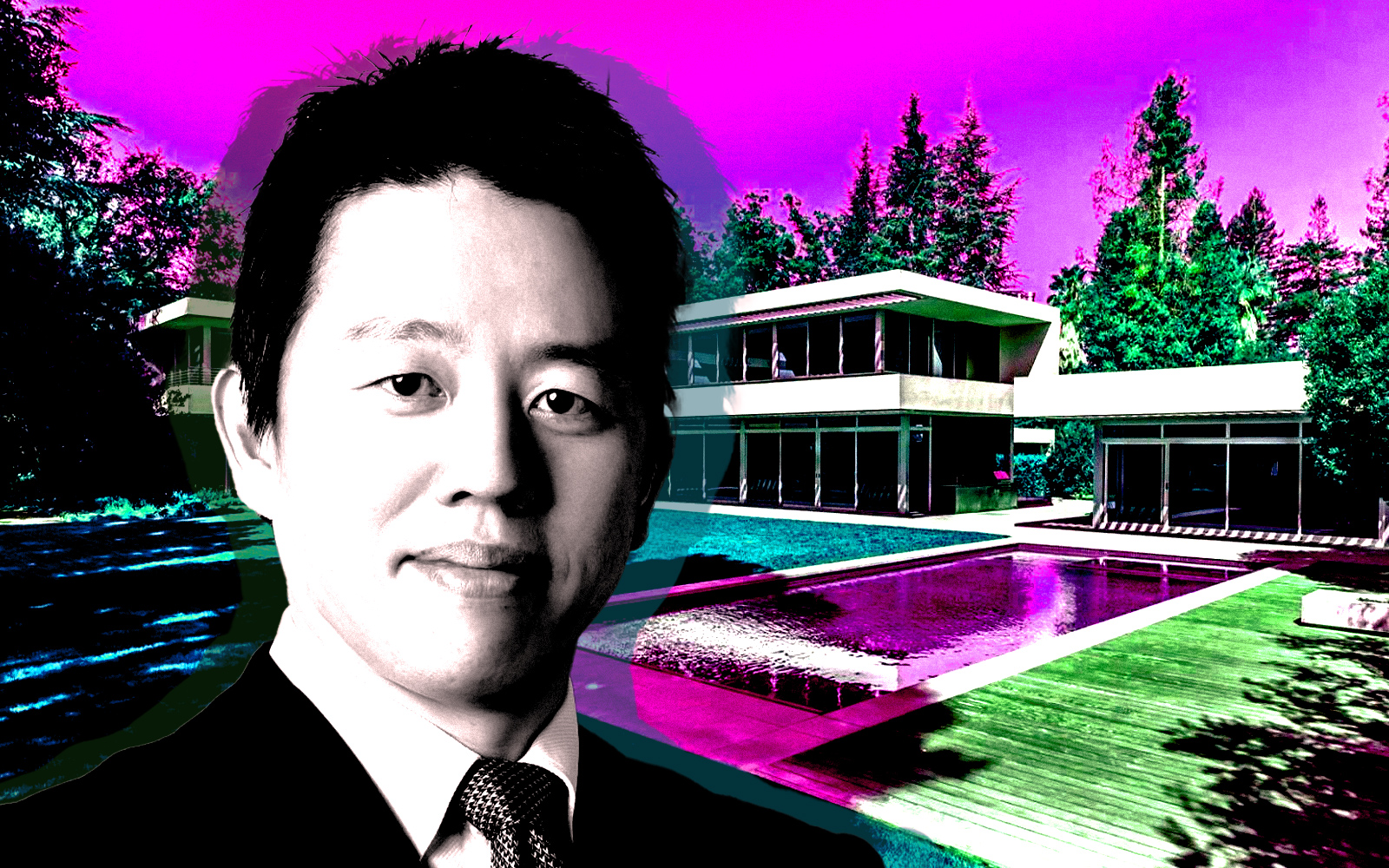Rich cities across parts of Silicon Valley are using granny flats to meet state affordable housing goals.
A civil grand jury in San Mateo County reported wealthy towns such as Atherton, Hillsborough, Portola Valley and Woodside plan to meet as much as 80 percent of their housing targets through accessory dwelling units, or ADUs, the San Jose Mercury News reported.
This allows such cities to avoid building apartments geared to low-income affordable housing, the report says.
An ADU, or granny flat, is a small residence that shares the lot of a larger single-family home.
A recent change to California’s 1969 Housing Element Law allows cities and counties to count ADUs as affordable housing in their state-mandated plans. Targets for affordable housing in the eight-year cycle ending in 2031 have tripled.
So wealthy cities with pushback against building apartments have resorted to ADUs. Residents of Atherton, considered the nation’s richest city, are digging in their heels against higher density.
This is a problem, the report says, because property owners often rent their ADUs out to family and friends and the state has not proposed any form of regulation to ensure they serve low-income tenants.
The state has demanded that cities monitor ADU affordability every two years, but has not said how to prove the dwellings are being rented to low-income households.
The grand jury recommended that city councils stop using ADUs to meet state-mandated affordable housing targets until they have effective monitoring systems. Elected officials must respond to the report within 60 days and governing bodies within 90 days.
“The big issue here is that every ADU that is permitted for low-income housing but is not used for low-income housing is an actual low-income deed-restricted affordable housing unit that is not built,” civil grand jury foreperson Steven Drace told the Mercury News.
Matthew Lewis, spokesman for California YIMBY, said it was disappointing but not unusual to see cities “trying to substitute ADUs for their obligations for low-income housing.”
In response to the report, Hillsborough Mayor Christine Krolik said it was not long ago that ADUs were hailed as the best way to solve the housing crisis in communities with high land values. The city is encouraging people with ADUs to rent them out and will track that data, she said.
Read more



“I think almost every community here on the Peninsula has its heart in the right place,” Krolik told the newspaper. “We’re doing what we can to provide the needed housing.
“The conversation here is not by and large geared towards pushing back against these mandates. It’s about how to creatively fulfill them.”
— Dana Bartholomew
